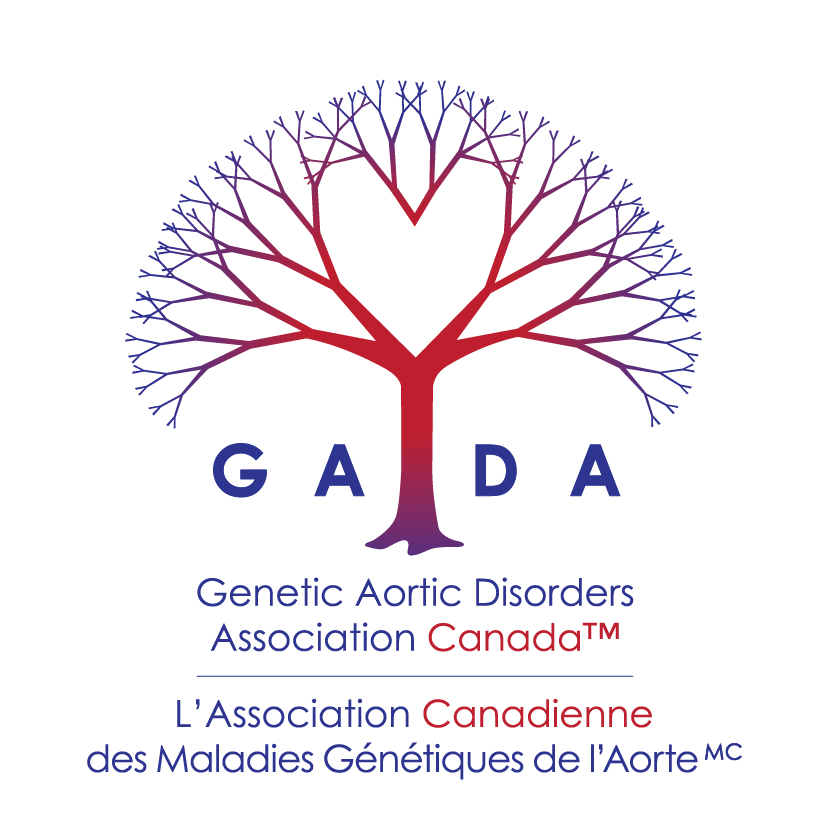What is ACTA2?
ACTA2 is a known gene for autosomal dominant inheritance of FTAAD involved with smooth muscle cell contractility (SMC) pathway.
Mutations inthe ACTA2 gene produce a spectrum of syndromic and non-syndromic FTAAD variants.
Syndromic ACTA2 is a multi-system smooth muscle dysfunction syndrome. ACTA2 mutation which disrupts residue Arg179, causes dysfunction of smooth muscle cells throughout the body resulting in severe muscular disease and loss of function in many organs, beside causing early- onset TAAD, but it does not involve the abdominal aorta.
Unlike ACTA2 Arg179, ACTA2 p.Lys328Asn is involved with TAAD and abdominal aortic aneurysm and dissection (AAAD). It shares some but not most of the manifestations of Arg179.
First known ACTA2 mutations were found to cause non-syndromic FTAAD. Non-syndromic ACTA2 mutations present 12-21% of all FTAAD cases.
ACTA2 families with non-syndromic TAAD commonly present with type A dissection and less often with type B dissections, which happens at a younger age.
This subset of non-syndromic ACTA2 mutations, in addition to TAAD, also causes peripheral artery disease but it is not associated with smooth muscle contractile dysfunction in other organs. Other subsets are associated with PDA, liris flocculi and livedo reticularis (purplish, lace like skin discoloration).
For more information visit: www.acta2alliance.org/

